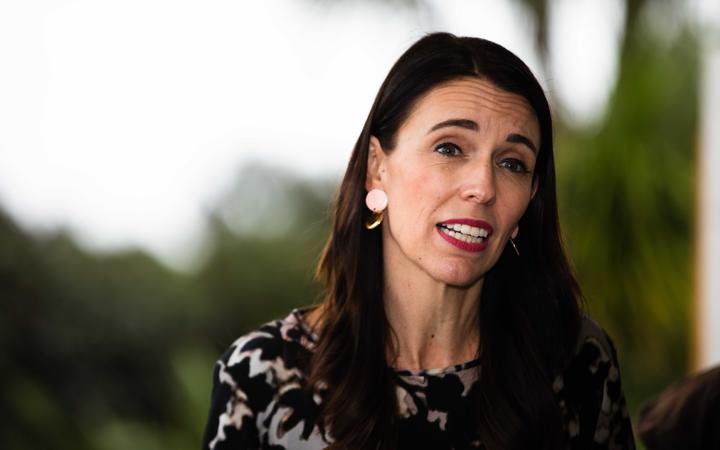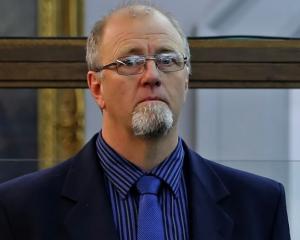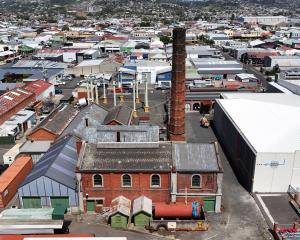Seasonal workers from Samoa, Tonga and Vanuatu will be able to enter New Zealand from next month.
This would be one way, entering New Zealand only, and they would not need to go through managed isolation.
Today's announcement has "really delighted" the fruit growing industry that was desperate for picking staff.
The move was aimed at addressing worker shortages in certain agricultural areas, Prime Minister Jacinda Ardern said at her weekly post-Cabinet press conference.
While there were currently about 7000 recognised seasonal employer (RSE) workers here, there were normally over 10,000 at the peak. This move would help manage the shortfall, Ardern said.
It was too early to say how many workers would enter the country from September.
Those Pacific Island nations had not experienced community Covid outbreaks, and any cases they had recorded were managed at their borders, Ardern said.
As with the 2000 RSE workers brought in last year, the same conditions - including paying at least the living wage and providing appropriate accommodation - would be enforced.
The option was only being made available to certain workers so it could be done in a safe way.
Apples and Pears CEO Alan Pollard said he was "really delighted" for the Pacific nations as they had "suffered terribly through the pandemic" and without the income RSE workers to New Zealand bring to their communities.
"Delighted that they're going to be able to have an opportunity participate back in the workforce here and return those much-needed funds back to their community."
The announcement also brings some certainty to growers for the coming season.

"Opening up the one-way quarantine free travel from those three countries some time in September is a huge change."
Ardern said New Zealand was in a position to open up to RSE workers due to its Covid-19-free status, and that of the countries involved.
There would be measures including pre-departure testing, she said.
Immigration Minister Kris Faafoi said representatives from Samoa, Tonga and Vanuatu were very pleased with the arrangements.
There had been regular discussion with horticulture and viticulture industries and Faafoi said he was pleased to be able to announce these changes that would assist them.
Pressure has been mounting on the Government from employers in sectors reliant on overseas workers, after immigration was essentially shut down as part of the Covid-19 response.
The Government has been seeking to rebalance the workforce and reduce the reliance on migrant labour, encouraging employers to train up Kiwis and increase wages to attract more people.
More than 250,000 Covid-19 vaccinations were administered last week in New Zealand.
This included more than 15,000 at the Manukau mass vaccination event, which was "a success", though lessons would be learned, Ardern said.
On emergency managed isolation allocations and a New Zealander stuck in Singapore who travelled there for life-extending surgery, Covid-19 Response Minister Chris Hipkins said he would not publicly discuss an individual's case.
There were systems in place to review individual cases and 350 MIQ spaces set aside each fortnight for people in "genuine need".
Ardern said it was a demand issue. These issues were not arising when there was less pressure on MIQ facilities in previous months.
Housing crisis inquiry
On the Human Rights Commission's decision to investigate New Zealand's housing situation, Ardern said that was their independent decision.
"We have a housing crisis. All New Zealanders have a right to a warm, dry and affordable home."
Ardern said she believed "we have a housing crisis" and that was driving their work.
Ardern had signalled, however, in recent weeks more assistance would be coming for sectors that continued to struggle.
Today's announcement comes ahead of plans to be released next Thursday around the Government's future approach to the border and public health measures, and advice from experts on how to open the border safely.
The expert group, led by epidemiologist Sir David Skegg, was set up in April to advise the Government on its Covid-19 response and border management.
Today's Cabinet meeting was the first in three weeks due to the Parliamentary recess period.












